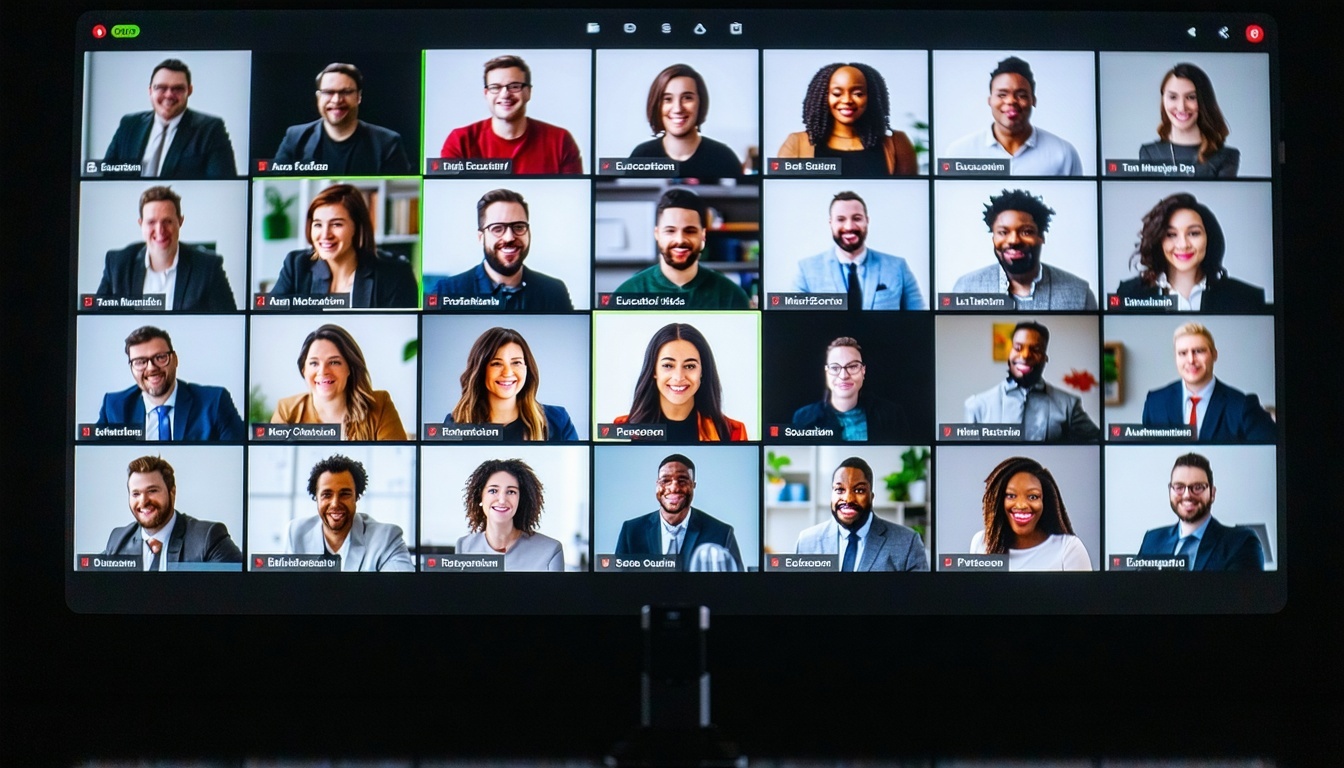Call for Papers Release
March 17, 2025
We are pleased to invite submissions for the International Conference on Society, Culture, and Technology (ICSCT) 2025, focusing on the theme "Reimagining Education in the Digital Age." This pioneering cross-continental conference is a collaboration between Bennett University (India), Erasmus University Rotterdam (Netherlands), and the University of Calgary - GPESA, (Canada).

In Collaboration With




March 17, 2025
April 17, 2025
May 12, 2025
Abstract Requirements:
Length: 250–300 words
Presentation Time Zone: Indicate your preferred presentation time zone (India, Canada, or the Netherlands). If no preference is specified, you may be assigned a time zone opposite to your region.
The Abstract submission deadline has passed


The conference will be held virtually from June 12–14, 2025, providing a global platform for scholars to present their research across multiple time zones. ICSCT aims to bring together academicians, researchers, and educators worldwide to examine the transformative impact of digital advancements on education. The event will foster interdisciplinary discussions on the future of learning in the digital era.
We welcome submissions from diverse academic perspectives and encourage both established and emerging scholars to contribute original research. This conference is committed to fostering an inclusive, dynamic, and intellectually stimulating environment where innovative ideas and critical discussions shape the evolving landscape of education.


ICSCT upholds the principles of originality, academic integrity, and transparency. While we recognize the evolving role of generative AI, submissions must reflect the original research and intellectual contribution of the author(s). If AI tools have been used, participants must explicitly acknowledge their use and ensure compliance with ethical academic standards.
June 12-14, 2025 (Virtual, Across Global Time Zones)
Day 1: 12th June, 2025 (Thursday)
Hosted by Erasmus University Rotterdam (CEST)
DAY 2: 13th June, 2025 (Friday)
Hosted by Bennett University (IST)
DAY 3: 14th June, 2025 (Saturday)
Hosted by the University of Calgary (MDT)
This theme will explore the transformative role of AI in personalized learning, curriculum design, and assessment. Paper presentations will address ethical concerns such as algorithmic bias, data privacy, and the long-term impact of AI-driven tools on educational equity and access.
This theme explores gender representation in digital learning spaces and the barriers faced by women and non-binary individuals in accessing and thriving in education. Scholars will present initiatives that promote gender equity and inclusivity, examining how technology can be leveraged to empower marginalized gender identities, challenge biases, and create more diverse and representative educational environments.
This theme will explore how technology can support culturally responsive education, facilitating inclusivity and mutual understanding in increasingly diverse classrooms. Paper presentations will cover technology’s role in language translation, adaptive learning for varied cultural contexts, and the potential risks of cultural biases in emerging technologies.
This theme examines how teacher education programs can be restructured to equip educators with the necessary digital skills, pedagogical approaches, and technological competencies for modern classrooms. It will explore the integration of AI-driven tools, digital literacy training, and innovative teaching methodologies to enhance educators' ability to engage diverse learners. Discussions will also focus on policy recommendations, curriculum design, and strategies for continuous professional development in an evolving digital landscape.